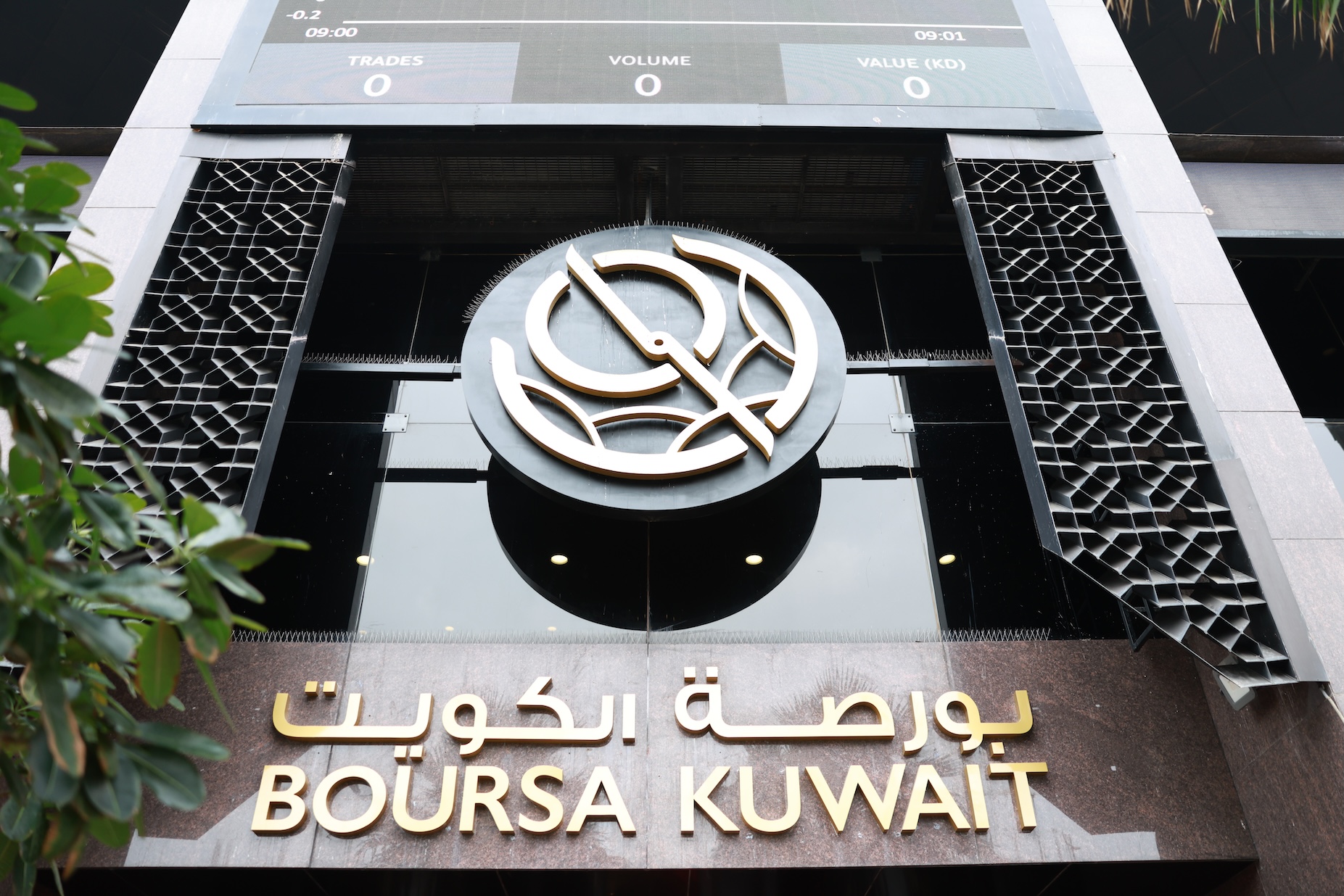The Kuwait Constitutional Court issued another significant ruling on 25 June 2025 (the “June Ruling”) which was published in the Official Gazette on 20 July 2025, declaring that Article 34(5) of the Competition Protection Agency Law No. 72 of 2020 (the “CPA Law”) is unconstitutional. This ruling highlights ongoing constitutional challenges to the CPA Law’s penalty structure and makes amendments to economic concentration provisions 34(2) and the entire Article 34 not just anticipated, but inevitable.
Background of Article 34(5) and the Court’s Ruling
Article 34(5) had authorized the Disciplinary Board to impose financial penalties of up to 1% of total revenues for failure to comply with Competition Protection Agency (“CPA”) commands, such as providing information and reports about business activities. The Constitutional Court found this provision violated the same constitutional principles that led to the invalidation of Article 34(1) in February 2025.
The case arose when Royal Medical International Group Company was fined 1% of its total revenues for failing to comply with a command issued by the CPA to the company under Article 22(6) of the CPA Law. The company challenged the constitutionality of Articles 32(2) and 34(5), along with related provisions in the Executive Regulations of the CPA Law.
Key Constitutional Grounds: Consistency with February Ruling
The court applied identical reasoning to Article 34(5) as it did to Article 34(1) in a previous Constitutional Court ruling back in February, reinforcing its constitutional framework centered on three core principles. The court found that the 1% penalty was imposed without consideration of actual harm caused by non-compliance. Unlike substantive competition violations, failure to provide information is primarily procedural and may cause no competitive damage. The penalty calculation based on total revenues, including activities unrelated to the violation, creates arbitrary and disproportionate burdens.
The court emphasized that private property enjoys constitutional protection and that revenue-based penalties without regard to actual harm constitute unjustified confiscation. Any interference with property rights must be proportionate to the public interest served and implemented through constitutionally permissible means.
Critical Implications for Economic Concentration Provisions
The court’s reasoning applies with devastating effect to Article 34(2), which authorizes penalties of up to 10% of total revenues for all participants in economic concentration transactions that fail to notify the CPA. This provision exhibits all the constitutional deficiencies identified in both rulings, but with even greater severity.
Failure to notify an economic concentration is fundamentally procedural and may have no substantive competitive impact. Many transactions pose no competitive concerns regardless of notification status. Yet, Article 34(2) authorizes the same 10% penalty whether the transaction involves significant market overlap or completely unrelated businesses. The penalty applies to all participants’ total revenues, potentially reaching billions of dinars for large transactions. This approach punishes companies for their overall business success rather than the specific procedural violation, directly contradicting the court’s proportionality requirements.
What makes Article 34(2) particularly vulnerable is the escalating nature of the Constitutional Court’s scrutiny. The June Ruling’s invalidation of even the modest 1% penalty in Article 34(5) suggests the court’s concerns extend beyond the penalty’s magnitude to fundamental structural problems. This represents a significant escalation from the February ruling, which focused primarily on the excessive 10% penalty in Article 34(1). The court’s willingness to strike down even a relatively modest penalty indicates that the constitutional deficiencies run deeper than initially apparent – the entire revenue-based penalty structure appears fundamentally incompatible with constitutional requirements. This escalation makes the 10% penalty in Article 34(2) not just constitutionally vulnerable, but practically indefensible under the court’s evolving constitutional framework.
Anticipated Legislative Amendments
The court’s consistent constitutional framework makes comprehensive legislative reform inevitable. The anticipated amendments must address three core requirements: proportionality in penalty calculation, proper judicial oversight of punitive sanctions, and adequate protection of property rights.
Future penalties must be based on actual harm or benefit rather than total revenues. For economic concentrations, this requires differentiating between inadvertent notification failures with no competitive impact and deliberate attempts to avoid regulatory scrutiny of significant transactions.
Reformed legislation must include comprehensive safeguards for commercial freedom, clear notification requirements, and predictable compliance standards to minimize uncertainty and arbitrary enforcement.
Conclusion
This June Ruling confirms a fundamental shift in Kuwait’s competition law landscape. The court’s systematic application of constitutional principles demonstrates that the entire penalty structure requires comprehensive revision rather than incremental adjustment. The anticipated amendments to Article 34(2) and potentially the entire Article 34 represent not just legal necessity but constitutional imperative.
For businesses operating in Kuwait, this development necessitates immediate strategic reassessment and preparation for a fundamentally different competition law environment. The transition period offers both challenges and opportunities that require careful navigation and proactive engagement with the reform process. The ultimate outcome will determine whether Kuwait can establish a constitutionally compliant competition framework that maintains effective market protection while respecting fundamental rights and due process requirements.

Meysan Lawyers & Legal Consultants is pleased to announce its role as legal advisor to Dawi, a Kuwait-based digital health platform enabling patients to access premium healthcare services across the region, in connection with its strategic partnership with Cleveland Clinic Abu Dhabi, a Mubadala Health partner. Through this partnership, Dawi… Read more

Meysan advised on the successful establishment of the KWD 50 million Senior Unsecured Bonds Programme by Kuwait Financial Centre (Markaz) and the issuance of the First Tranche of Bonds with value of KWD 35 million. The First Tranche of the Senior Unsecured Bonds Programme was successfully issued to qualified investors… Read more

Kuwait - Meysan Lawyers and Legal Consultants in Kuwait advised on the offering and listing of the shares of Action Energy Company on Kuwait Stock Exchange – Premier Market with the joint global coordinators and joint bookrunners, National Investments Company, EFG-Hermes UAE Limited and Arqaam Capital Limited. Action Energy Company,… Read more

Meysan has successfully represented a leading global manufacturer in defending against a request to suspend the importation of its products into Egypt. In the context of an ongoing termination dispute with a local distributor, our partner Mourad Haggag and senior associate Ismail Lamie secured a favorable court decision rejecting the… Read more

Overview In a significant development for the UAE’s climate governance framework, the Ministry of Climate Change and Environment (“MOCCAE” or the “Ministry”) launched on 15 October 2025, during GITEX GLOBAL 2025 in Dubai, the Integrated Emissions Quantification Tool (the “IEQT”) as part of the National Measurement, Reporting, and Verification (“MRV”)… Read more

We are pleased to announce that we advised and assisted Al-Mansour Automotive Group regarding the main agreements for the MAC Automotive Plant, an automotive manufacturing facility in 6th of October City, Egypt, for which the foundation stone was laid earlier this week. The project aligns with Egypt’s strategy to localize… Read more